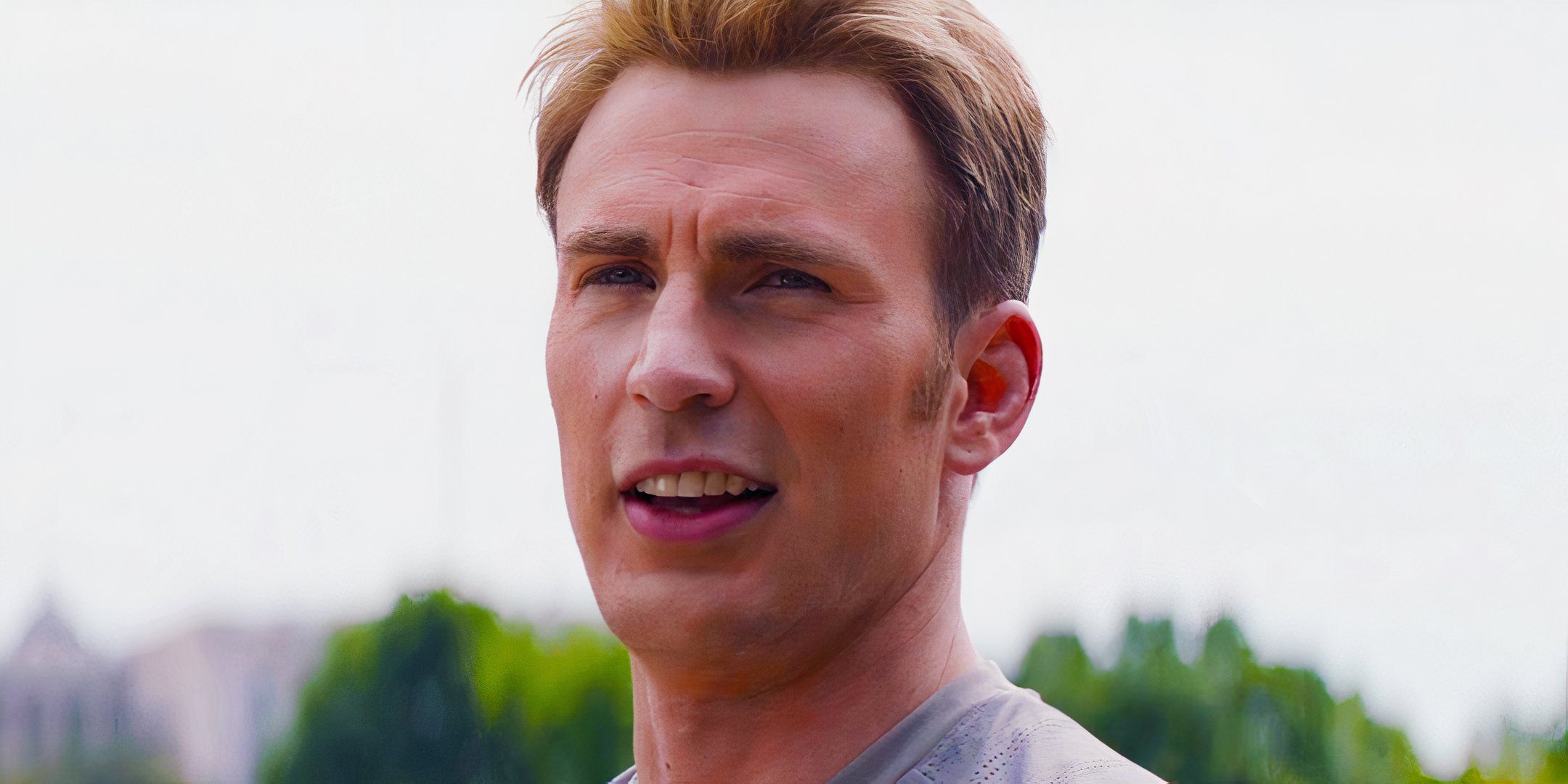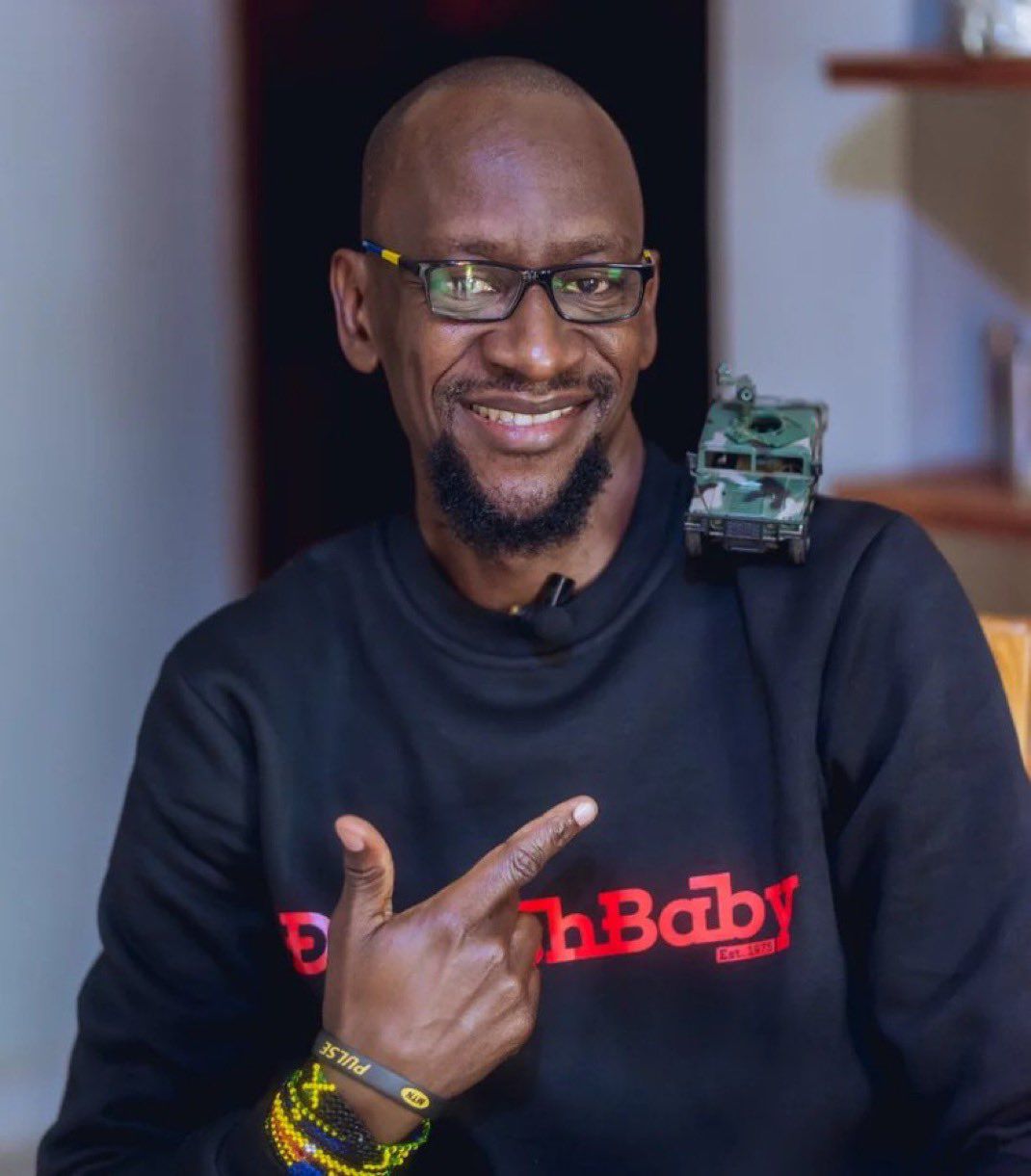People who have grown up playing games are hungry for new, more sophisticated games, which has prompted start-ups in places including Norwich to compete with more established companies like Jagex, Ninja Theory and Frontier Developments, all based in Cambridge.
Nick Poole, chief executive of Ukie, the trade body representing the UK's gaming industry, said: "It's been the most incredible 50 years.
"We're about to see the first-ever generation of pensioner gamers.. it's amazing."

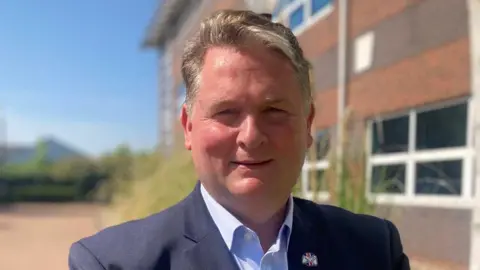 Mousumi Bakshi/BBC
Mousumi Bakshi/BBC
Part of the recent success is down to what he describes as the "crossover" phenomenon, with TV and film adapting video games like The Last of Us and Fallout.
"The transformation of the role of games in people's lives as a form of entertainment has been beyond anything we could have imagined 40 years ago," he said.
"I think the reason is if you love the world and you enjoyed playing it in-game, then you want to spend time watching and living it in other media as well."

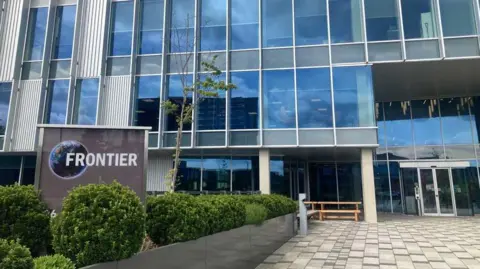 Mousumi Bakshi/BBC
Mousumi Bakshi/BBC
Rich Newbold is a game director at one of the country's biggest gaming companies, Frontier Developments in Cambridge.
He began working in the industry in the early 2000s.
"We've been around for 30 years, growing from a team of people working on a farm in Ely to where we are now," he said.
"When I joined the company there were only 70 of us. Now, there are about 600."
Frontier makes several different types of games including Planet Coaster 2 and Planet Zoo, where players can run their own F1 team, explore space, and build theme parks and zoos.
During his time in the gaming business, he has seen demand grow dramatically.
He cites the Covid pandemic as a turning point.
"Appetites have grown. Video games can bring joy but more than that, they fulfil a need as people prioritise leisure time," he said.
Figures from Ukie reflect the boom in interest.
It estimates 2,400 people worked in the games industry in the East of England in 2016.
Now there are more than 3,105, across 160 games companies.
The industry in the East contributes about £212m to the economy, up from £122m in 2016.

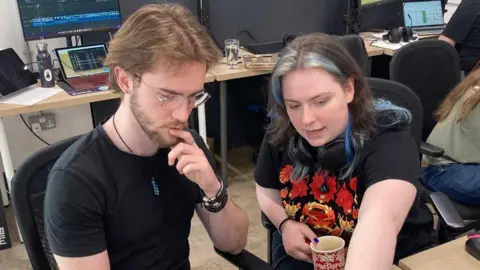 Mousumi Bakshi/BBC
Mousumi Bakshi/BBC
Iz Head, 23, is one of those who has entered the competitive industry in that time.
They co-founded Moss Monkey in their final year at Norwich University of the Arts, after their mother suggested gaming as a career.
"The gaming scene is growing massively in Norwich at the moment," they said.
"I absolutely love it. We're at a point where tonnes of new studios are coming through; tonnes of new games."
Their current game, Outclaw, features a spirit cat called Giblet which travels around the world, causing chaos wherever it goes.
"It's been brilliant to work on, but a lot of hours have been put in applying for grants," they said.
They added that there had been periods where they had considered other sources of income such as part-time jobs, but then it would take twice as long to get the game out there.

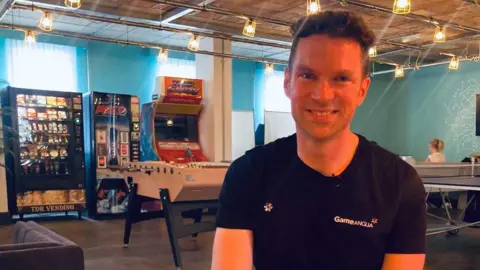 Mousumi Bakshi/BBC
Mousumi Bakshi/BBC
Their story chimes with Mark Backler, founder of Sketchbook Games, also based in Norwich.
"Gaming can give you a broad, diverse career and while there's a good degree of support for start-ups, more could be done," he said.
"France and Canada have world-class support and tax relief for the games industry. Any more that could be done would make a huge difference, especially against our main competitors in the US and Japan."
His current video game, Lost Words, is based on a book written by Rhianna Pratchett, daughter of Discworld series author Terry Pratchett, and is about a character who uses the fantasy world to deal with trauma.
Mr Backler believes the growth of the industry could explode as games become more sophisticated.
"There are lots of different roles that you can do within games," he said.
"It's not just programming. There's composing the music and making the sound effects.
"There's writing the story, there's production, there's marketing and as games evolve, you never know, economists might play a part, or even architects."
:max_bytes(150000):strip_icc()/Parents-FamilyWatch66-5d0ca45876c847b98450d1f65f39b32f.jpg)

